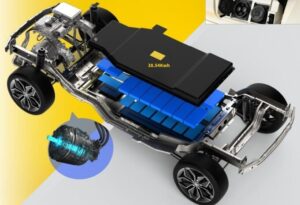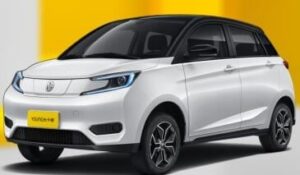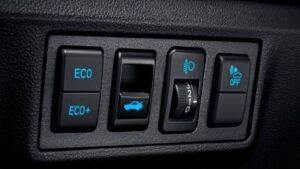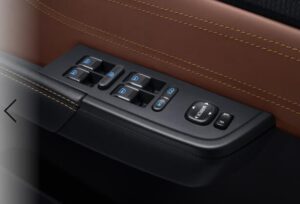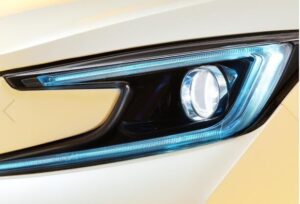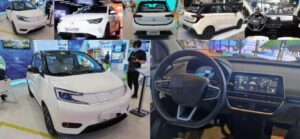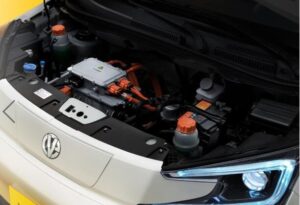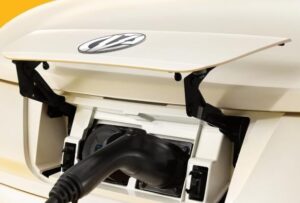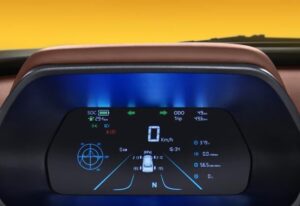The start-up Florina Devtec plans to set up a project to manufacture electric cars, the first of its kind in Algeria, as part of a three-way partnership with a Chinese partner, the Research Center for the Development of Transferred Technologies “Big China Group”, and American; “Royal Bank Capital”, which will finance the project.
The first manager of the Algerian startup Florina has confirmed that a memorandum of understanding and a framework agreement have been signed, prior to the signing of the final contracts, to prepare an in-depth study on their project to manufacture the proposed electric car in Algeria, to support the government’s plan to implement the green transition policy.
Worth 300 million dollars, the project to set up the first electric car factory in Algeria plans to produce 100% Algerian cars in the next five years, at the rate of 200,000 vehicles per year, for the local and West African market.
The project is expected to create 181,000 direct and indirect jobs, and revenue is expected to be $10 billion in the first five years of the project, the owners of which aim to start production by 2023 .
The obstacles that stand in the way of this ambitious and large-scale project that can bring added value to Algerian industry and the national economy, lie in the inability of the Algerian party to obtain the land base that will accommodate the project, which must be built on a sufficient area close to the urban fabric, in addition to the need not to be far more than 400 km from the port.
In this context, Florina Devtec EV is still in negotiations with the Ministry of Industry in order to obtain the industrial land necessary for the establishment of its factory, in addition to granting it the licenses necessary to launch the project.
In this context, the owner of the project complains of not specifying the license for electric cars, the value of which only became clear a short time ago in the second half of 2021, in addition to announcing the features and practical steps and update the company’s production lines in an industrial property suitable for cars in a convinient way to receive the global new technology to locate the automobile industry.
The pioneering and promising project also faces major challenges, the most important of which is that the car be at an appropriate price and of high quality, so that it can be distributed efficiently and safely and ensure the demand of the Algerian consumer, in addition to the challenge of infrastructure, whether through the generalization of electric charging stations, or the deployment of after-sales service and maintenance centers.
The third of these issues lies in the training of technicians between now and the start of automobile production, whether they are in charge of factory production or in charge of after-sales service, maintenance and repair.
The three partners are betting for the success of the electric car production project, new on the Algerian market, and even on the markets of the region, on the improvement of the technology of the basic requirements for the number of kilometers of taxis, such as the cost of electric taxis is generally $15,000 and $25,000, and the operating cost of electric taxis is 1/5 of the cost of gasoline taxis.
The owners of the project are also counting on the fact that the investment in electric taxis will be more profitable in the long term. In the Chinese taxi market, electric taxis and electric passenger cars are largely replacing gasoline taxis, since the electric cars produced by the Chinese part shareholder of the project, using fast charging technology for 10 minutes, thus the massive promotion of the electric taxi project provides technical support, due to the continuous improvement of battery technology.
In this background, the latest battery technology can make the taxi battery use safe for 600,000 km, and the battery reactivation technology to overcome the weakness of battery degradation, which is a historical trend of electric vehicles to replace gasoline-powered vehicles.
Ahmed Achour
![]()
